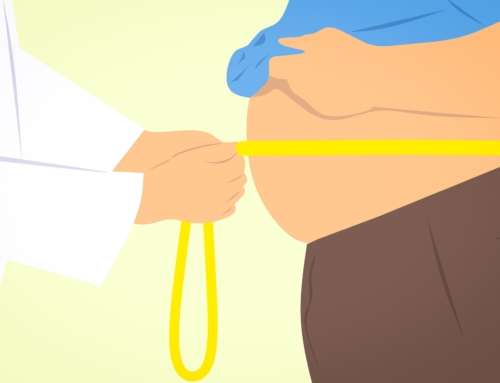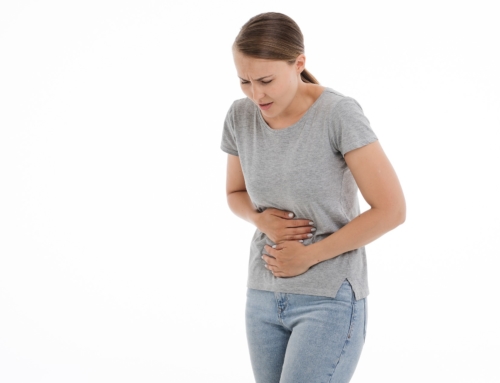Polycystic ovarian syndrome (PCOS) is a hormonal disorder that is becoming more common among young women.
Hallmarks of PCOS are
- Irregular periods
- Excess androgen: elevated levels of testosterone can cause excess facial/body hair
- Insulin resistance: Insulin resistance is the precursor of diabetes and can occur as a very early sign of PCOS. Women with insulin resistance can have increased incidence of skin tags.
- Polycystic ovaries: While cysts are often thought of a key component of PCOS, very few women who have PCOS actually have cysts and just because you have cysts on the ovaries does not mean you have PCOS.
- Difficulty losing weight: Women who have PCOS have more difficulty losing weight and keeping it off
READ ON to learn more about testing for PCOS and how to address this if you do have it….
Testing:
These are the tests I use to screen for PCOS. If your are having irregular cycles, have difficulty losing weight and have excess hair growth then these are going to be very important. You don’t have to have all the above symptoms to have PCOS so these tests are beneficial even if you only have a few of the symptoms.
- Measure Testosterone & DHEA. These are both androgens. Elevated testosterone (if you aren’t taking testosterone) is a key tip off that PCOS may be an issue. DHEA can be elevated with high stress but can also be elevated in PCOS.
- Measure Insulin Resistance: I love the marker thru Quest called Cardio IQ insulin resistance profile. This profile checks C peptide, insulin and then gives you an insulin resistance score. This is much more sensitive and will turn up early insulin resistance. Once insulin resistance progresses, the Hemoglobin A1C will often start to elevate.
- Abdominal ultrasound looking for cysts – but again, just because you have cysts does not mean you have PCOS.
- Cholesterol can be elevated in women with PCOS so this is important to assess.
- Homocysteine – this is a marker of inflammation closely correlated with how your body uses B vitamins (specifically folate and indirectly B12). Optimizing these b vitamins is important in lowering homocysteine.
- Gut microbiome- more and more evidence is pointing to the gut especially with insulin resistance so this may be an important parameter to evaluate.
Treatment:
Treatment is aimed at lowering the testosterone levels,balance the other hormones as well as decreasing insulin resistance and weight loss.
- Treatments that help with hormones include:
- Products that lower testosterone like TestoQuench which has saw palmetto among other herbs targeting this pathway.
- Products that lower DHEA like Ashwaghanda.
- Products that help balance the other female hormones (estradiol/progesterone) like Inositol (Femquil and Ovarian Care) and Chastetree Vitex.
- Treatments that help with insulin resistance include:
- Berberine combined with Alpha lipoic acid (Blood Sugar support is an example)
- Combination products with additional ingredients like chromium and cinnamon.
- Metformin (this is a prescription medication for blood sugars that not only helps with insulin resistance but may help with lowering the testosterone.
- Birth control pills
- Medications that help with weight loss and blood sugars like semaglutide or tirzepatide
Basic lifestyle changes include:
- Diet and exercise (ketogenic or lower carb diets tend to work best)
- Proper sleep (addressing any sleep apnea)
- Stress reduction
Identifying PCOS in a young woman can save many years of frustration so is worth exploring.
To your health,
Laura









